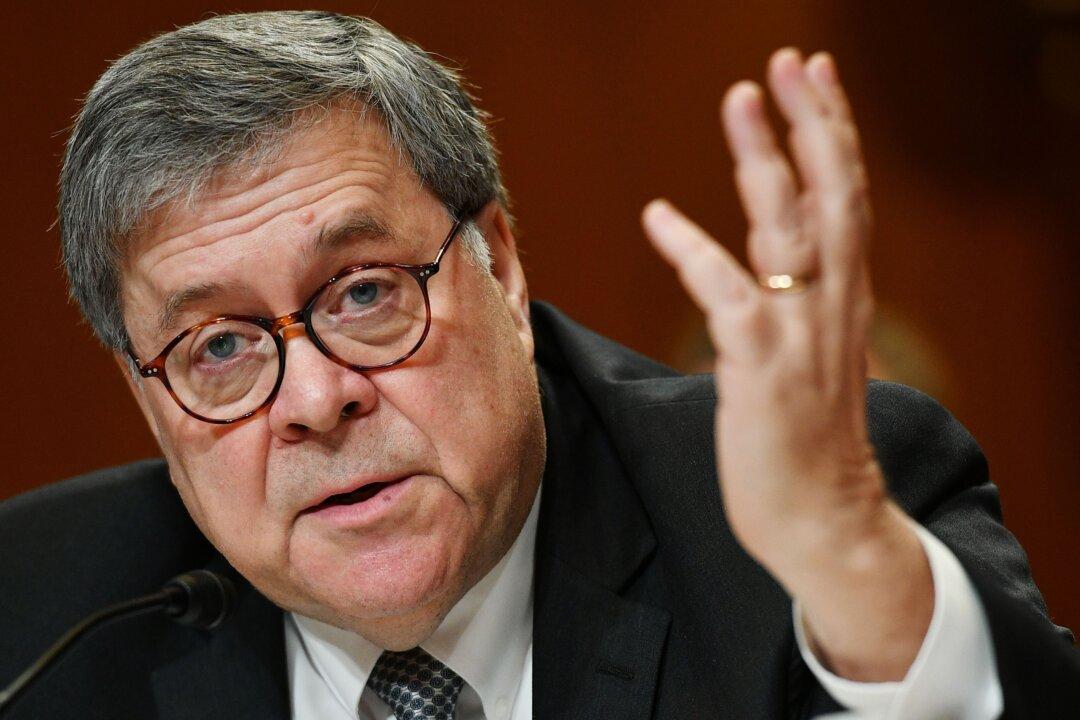Attorney General William Barr said that special counsel Robert Mueller was not able to explain why his team didn’t decide whether or not to recommend charges against President Donald Trump over potential obstruction.
Mueller’s report into Russian interference in the 2016 presidential election could not establish conspiracy or cooperation between Trump’s campaign and Russian actors. The report also debunked a number of claims outlined in the infamous dossier paid for by Trump’s opponent in the 2016 presidential election, Hillary Clinton.





